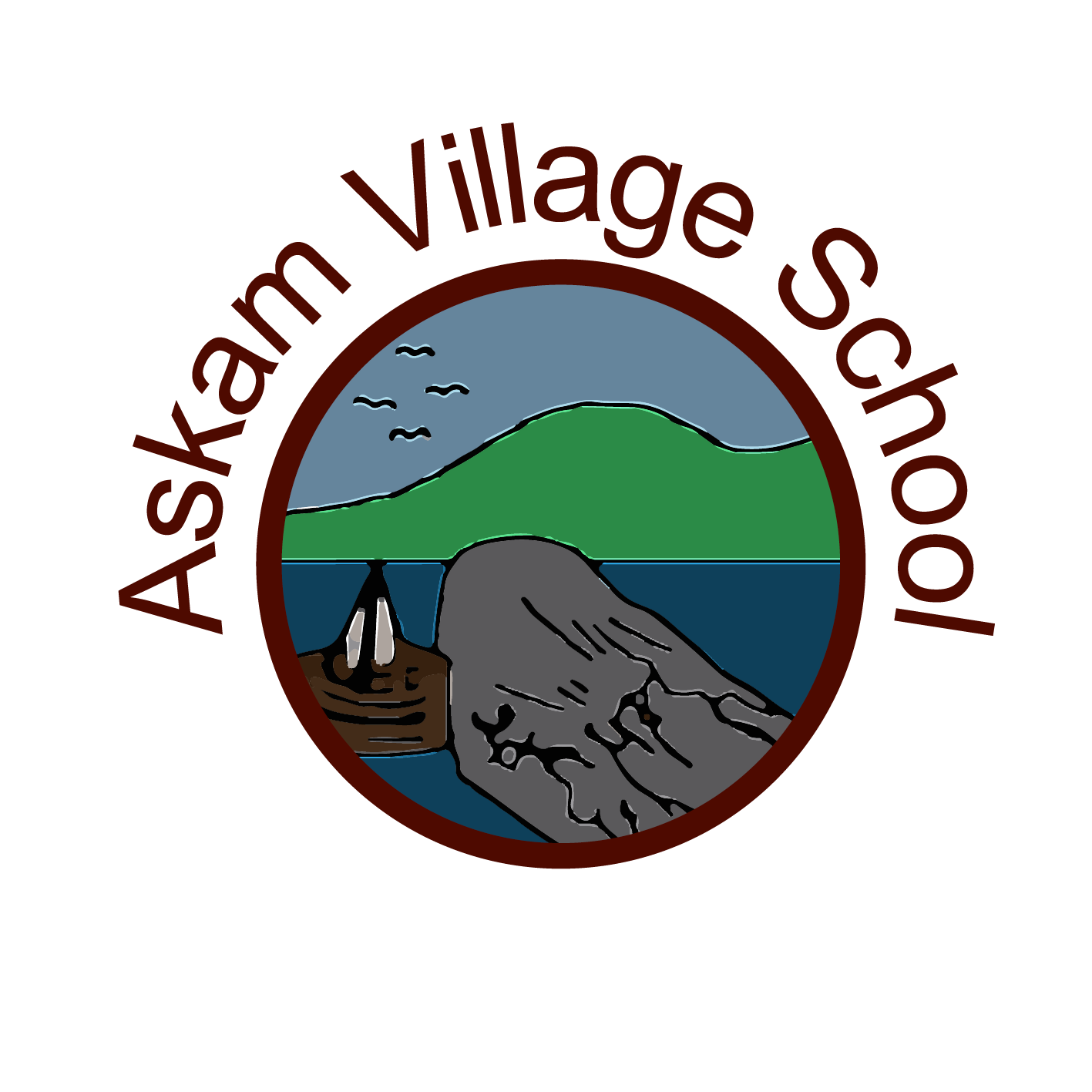‘Everybody Matters, Every Moment Counts’
Mathematics
![]()
Maths in school is led by Mrs Sweeting (Early Years & Key Stage 1) and Miss Merritt (Key Stage 2)
Nursery and EYFS
Children in Early Years experience a variety of mathematical activities through play based, adult-led and independent activities and work on:
- counting and using numbers to at least 10 in familiar contexts
- recognising numerals 1 to 9
- talking about and creating simple patterns
- beginning to understand addition as combining two groups of objects and subtraction as ‘taking away’
- describing the shape and size of solid and flat shapes
- using everyday words to describe position
- using early mathematical ideas to solve practical problems.
A new National Curriculum is in place from September 2014.
A summary of the main teaching areas for the different key stages is outlined below.
For more detailed information, please look at the documents attached for individual year groups.
Key Stage 1: Years 1 & 2
The principal focus of mathematics teaching in key stage 1 is to ensure that pupils develop confidence and mental fluency with whole numbers, counting and place value. This should involve working with numerals, words and the four operations, including with practical resources [for example, concrete objects and measuring tools].
At this stage, pupils should develop their ability to recognise, describe, draw, compare and sort different shapes and use the related vocabulary. Teaching should also involve using a range of measures to describe and compare different quantities such as length, mass, capacity/volume, time and money.
By the end of year 2, pupils should know the number bonds to 20 and be precise in using and understanding place value. An emphasis on practice at this early stage will aid fluency.
Pupils should read and spell mathematical vocabulary, at a level consistent with their increasing word reading and spelling knowledge at key stage 1.
Lower Key Stage 2: Years 3 & 4
The principal focus of mathematics teaching in lower key stage 2 is to ensure that pupils become increasingly fluent with whole numbers and the four operations, including number facts and the concept of place value. This should ensure that pupils develop efficient written and mental methods and perform calculations accurately with increasingly large whole numbers.
At this stage, pupils should develop their ability to solve a range of problems, including with simple fractions and decimal place value. Teaching should also ensure that pupils draw with increasing accuracy and develop mathematical reasoning so they can analyse shapes and their properties, and confidently describe the relationships between them. It should ensure that they can use measuring instruments with accuracy and make connections between measure and number.
By the end of year 4, pupils should have memorised their multiplication tables up to and including the 12 multiplication table and show precision and fluency in their work.
Pupils should read and spell mathematical vocabulary correctly and confidently, using their growing word reading knowledge and their knowledge of spelling
Upper Key Stage 2: Years 5 & 6
The principal focus of mathematics teaching in upper key stage 2 is to ensure that pupils extend their understanding of the number system and place value to include larger integers. This should develop the connections that pupils make between multiplication and division with fractions, decimals, percentages and ratio.
At this stage, pupils should develop their ability to solve a wider range of problems, including increasingly complex properties of numbers and arithmetic, and problems demanding efficient written and mental methods of calculation. With this foundation in arithmetic, pupils are introduced to the language of algebra as a means for solving a variety of problems. Teaching in geometry and measures should consolidate and extend knowledge developed in number. Teaching should also ensure that pupils classify shapes with increasingly complex geometric properties and that they learn the vocabulary they need to describe them.
By the end of year 6, pupils should be fluent in written methods for all four operations, including long multiplication and division, and in working with fractions, decimals and percentages.
Pupils should read, spell and pronounce mathematical vocabulary correctly.
Assessment
Children are assessed regularly throughout the school year with end of unit assessments and formal assessments (e.g.QCA tests and SATs tests) in the Summer term. Results (levels) are shared with parents in termly meetings and the end of year report.
Additional Support
Additional support is given for children who have been identified by class teachers; in conjunction with the SENCO and Senior Leadership team. This may be in the form of individual or small group support and is reviewed regularly.
Contact Details
office@askam.cumbria.sch.uk
Location
Lots Road
Askam-in-Furness
Cumbria
LA16 7DA
